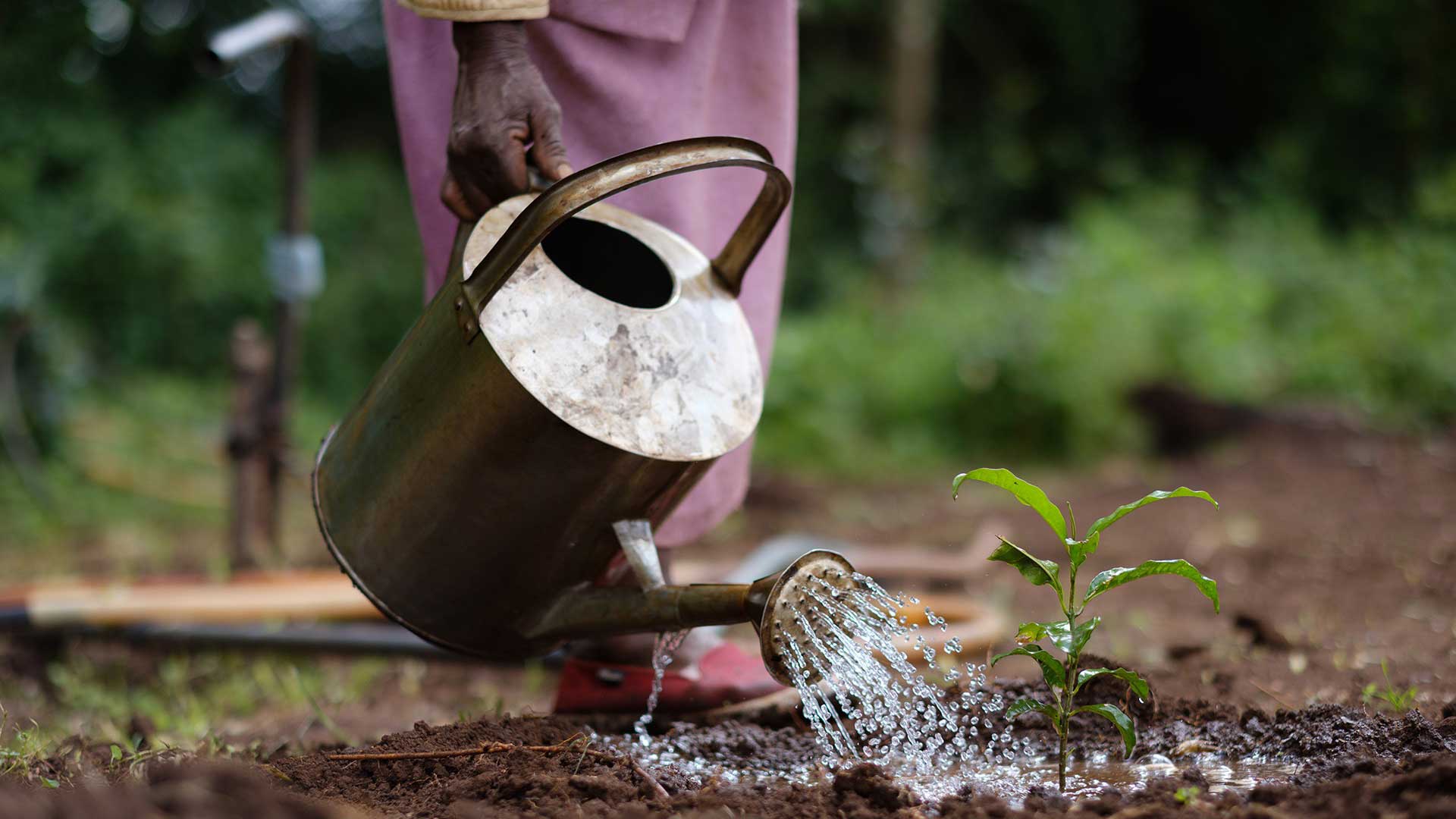The Greentech Festival & Green Awards
Inspiring the next generation of sustainable ideas.
Published on: 02/18/21
Improving on today’s approach to sustainability is a challenge that has to be met worldwide and across all industries and facets of life. As corporations, non-profits, and individuals work towards more sustainable solutions, it requires us to look at every aspect of our lives and consider how we can make them sustainable.
Together with Nico Rosberg, former Formula One world champion and sustainability entrepreneur, Audi founded the Greentech Festival with a mission to encourage, promote, and uncover sustainable ideas and technologies.
During the Greentech Festival, winners receive awards for their innovation and inspiring ideas to advance sustainability that show us the path forward in four unique categories: Youngster, Start-Up, Innovation, and Impact, along with two special GREEN AWARD prizes, the GREEN ORGANISATION AWARD and the Lifetime Achievement Award.
At our most recent Greentech Festival, we awarded the following winners for their inspirational ideas.

Solving the global hunger crisis | Youngster Category
Kiara Nirghin, 20, from South Africa won for her idea to help solve the global hunger crisis. She developed a non-toxic, biodegradable polymer from orange and avocado peels that is capable of absorbing and transporting one hundred times its own weight in liquid. Placed in the soil on farmland, the polymer absorbs and retains rainwater allowing the crop access to water for longer and helping it grow and survive periods of droughts more easily.

Converting CO₂ into Protein | Innovation Category
Solar Foods, a Finnish company, developed a method for producing a protein-based powder known as Solein, which uses CO₂ as the main ingredient. It tastes like wheat flour and is packed with 50 percent protein, 10 percent fat, and 25 percent carbohydrates. Just 2.6 gallons of water are needed to produce 2.2lbs of Solein. By contrast, 2.2lbs of agriculturally grown soya requires 550 gallons of water. It’s made by converting bacteria, nitrogen, and carbon dioxide into a powder similar to wheat flour. The CO₂ is taken directly out of the ambient air, which means instead of accelerating global warming, the greenhouse gas could thus be used to feed the global population.
App-based waste collection | Start-up Category
For the first time, the winner in this category was selected during the award ceremony in a live vote conducted via Instagram. The Lebanon-based company Live Love Recycle won with its app-based waste collection service that enables the citizens of Beirut to order an e-bike service to collect and recycle their garbage, rather than it ending up in landfill sites like Beirut’s regular garbage.

Planting trees through search | Impact Category
Ecosia is a search engine who supplies its servers with 100 percent renewable energy from its own solar plants. In an effort to offset their greenhouse gas emissions caused by using the Internet and operating servers, they have planted more than 70 million trees in Burkina Faso, as well as 22 different locations worldwide.
Sustainable and Responsible Fashion | GREEN ORGANIZATION AWARD
French luxury fashion group Kering works to develop more sustainable and responsible practices in the luxury fashion industry. Working with top luxury brands — including Alexander McQueen, Balenciaga, Gucci, and Saint Laurent — Kering pioneered standards of sustainability, animal welfare and protection for underage models for its brands.
A Legend in Environmental Protection | Lifetime Achievement Award
Dr. Jane Goodall, the renowned British behavioral scientist was presented the Lifetime Achievement Award for her life’s work in animal and environmental protection. In her video acceptance speech, Dr. Goodall beautifully encapsulated the festival’s purpose “We need to get together to think of a new future, to think of a new relationship with the natural world and the animals with whom we share this planet... We can’t fail, we have to get into a different, better world and that is my hope for the future.”

Related pages
Corporate sustainability.
Building a more sustainable future is not a choice for our planet. It’s a need. Discover our bold vision for the future and the ambitious goals we’ve set for ourselves as we do our part to help create a better, more sustainable tomorrow.

We’re shrinking our carbon footprint.
What’s the key to becoming future-proof? Decarbonization. Discover how Audi is shrinking its corporate carbon footprint as it works towards achieving carbon-neutral mobility and operations and creating more environmentally friendly vehicles.
How Audi is protecting Earth’s most valuable resource.
Clean water is an essential part of our daily lives, yet according to the United Nations, 2.2 billion people worldwide in 2019 did not have regular access to clean water. Audi plans to continue to reduce water consumption in our production facilities as a key part of our overall sustainability efforts.

